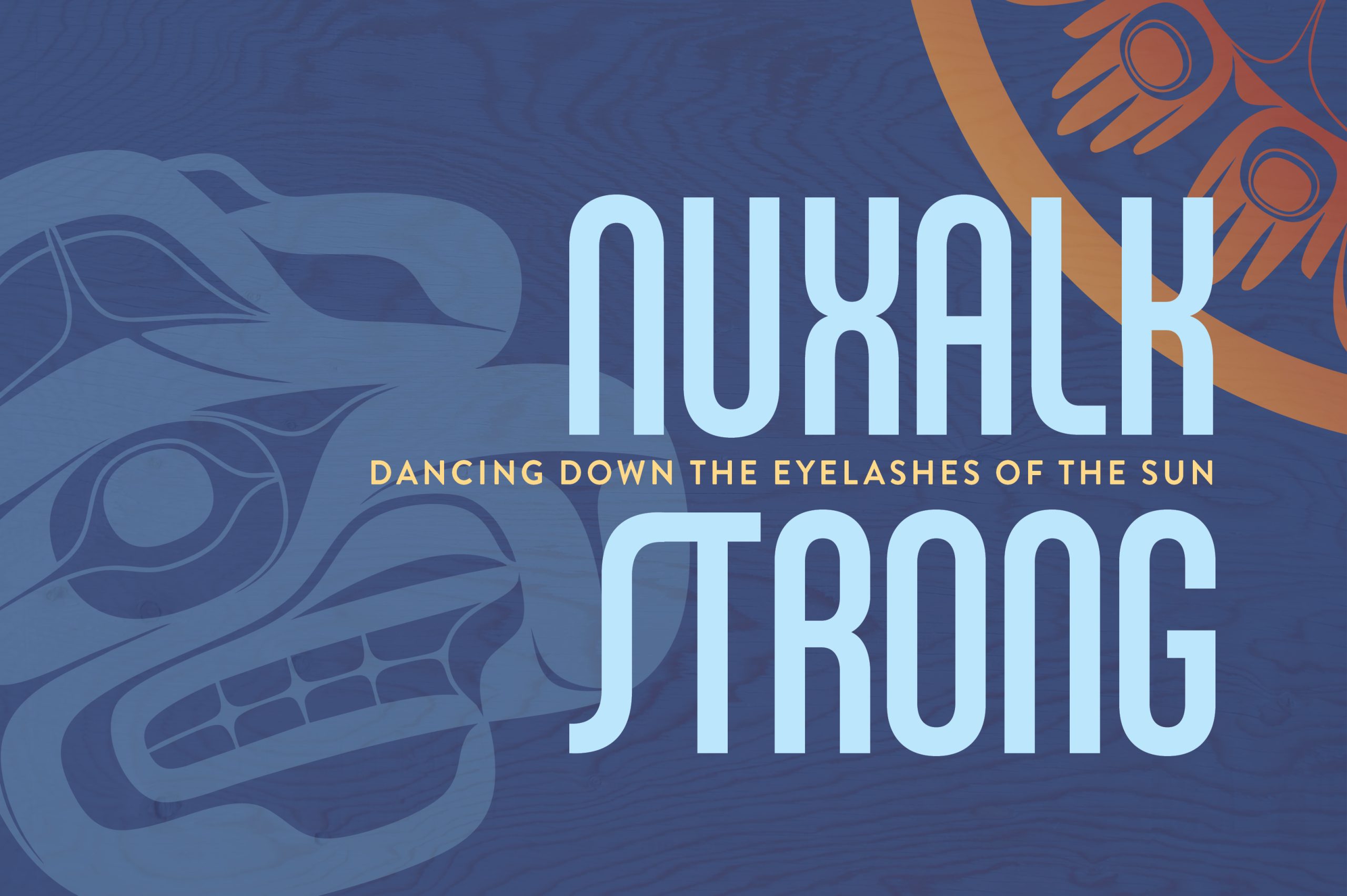A Revelatory Pandemic? COVID-19 and Disaster Social Science
Speaker: Dr. Roberto Barrios
Dept. of Anthropology & Sociology, University of New Orleans
When & Where:
Thursday, Oct. 03, 2024 | 12:30pm-2:00pm
Anthropology & Sociology Building (ANSO) Room 207
6303 NW Marine Drive
Light refreshments to follow in Lino Lounge.
Please RSVP in advance.
Abstract:
Since the mid 20th Century, cultural anthropologists have thought of crises as methodologically opportune moments that allow social scientists to see social structures and fault lines that are much harder to document in times of “normalcy.” Others have connected the idea of the revelatory crisis to older Eurocentric meanings of crisis as a moment full of potential for social transformation that separates neatly defined epochs. During the onset of the COVID 19 pandemic public scholars and social commentators referenced the idea of crisis as a revelatory event pregnant with transformative potential to imagine the global health disaster as a moment of reckoning that could mark the end of neoliberalism. But anthropological treatment of crisis as a revelatory event has fallen short of considering the epistemological diversity of the beholders of crises and has also verged on theorizing the relationship between crisis and change as a purely mechanical one that all but removes human agency from the process. Using ten pandemic case studies from across Latin America, this presentation explores how a focus on crisis in the Global South stands to correct the temporal and historiographic Eurocentrisms of crisis theory and beckons us to re-imagine the relationship between crisis, subjectivity, agency, and transformative social change.
About Dr. Roberto Barrios


Dr. Barrios is author of Governing Affect: Neoliberalism and Disaster Reconstruction and co-editor of Disaster Upon Disaster: Exploring the Gap Between Knowledge, Policy and Practice. He is also co-editor of the Berghahn book series Catastrophes in Context with Crystal Felima and Mark Schuller.
